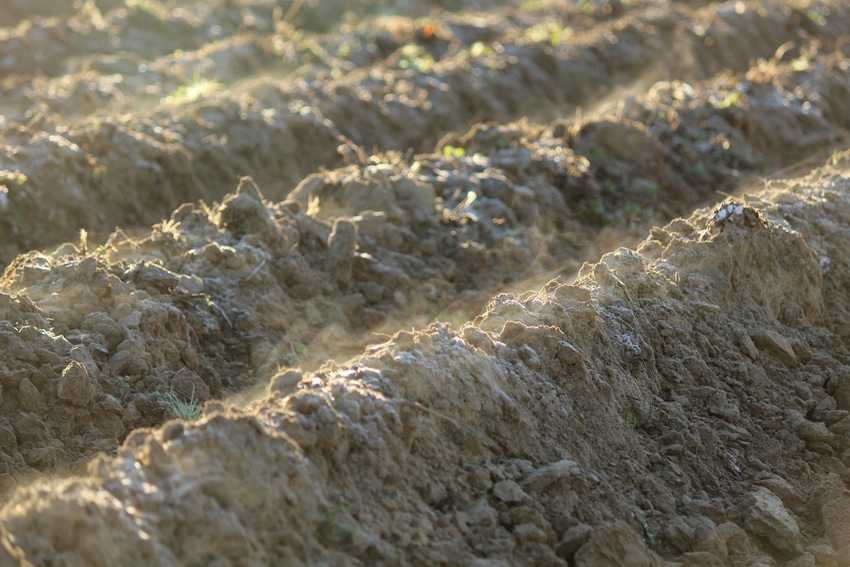
Recognizing the importance of soil health, Wrangler, a leading manufacturer of the world’s denim, recently published a report highlighting the economic and environmental benefits of conservation tillage, cover crops, and crop rotation to soil health.
As sustainability continues to play a critical aspect in the sourcing decisions of the world’s largest brands and retailers, Wrangler is taking a proactive role in supporting cotton production methods that improve soil health.
“Wrangler believes that our supply chain does not begin with fabric or cotton. It begins with soil and the land itself,” said Roian Atwood, director of sustainability for Wrangler. “Preserving and enhancing the health of soil is critical and necessary to the preservation of America’s denim heritage and future generations of people who work the land. That’s why we’re committed to doubling our use of sustainably-farmed cotton over the next year.”
The published report, “Seeding Soil’s Potential,” (http://bit.ly/2J5SBu3) and its findings recognize U.S. growers as being among the most efficient and responsible producers of cotton in the world. The report also underscores the reality that those producers face constant challenges from intensifying periods of drought, flooding, and market uncertainty.
“The emerging soil-health practices outlined in this report can help buffer growers from these risks by lowering their costs and improving the resiliency of crops,” adds Atwood. “We’re also trying to broaden the consumer’s understanding of what sustainability in cotton production really means, and by positioning these production practices and their importance to ongoing soil health, we hope to applaud the efforts of U.S. growers and share this information with consumers.”
In addition to the report, Wrangler also is contributing to the creation of soil health measurement and tracking tools that will allow growers to anonymously compare their practices and productivity to regional peers, while also receiving detailed information for decision-making.
The report summarizes the findings of more than 45 scientific papers and reviews produced by academic, government and industry researchers. Wrangler’s soil health advisors who reviewed and validated the findings in the report include USDA’s Natural Resources Conservation Service, The Nature Conservancy, and the Soil Health Institute.
“I’m grateful Wrangler has taken up this cause, because the potential to transform agricultural lands with soil health practices is tremendous,” says Wayne Honeycutt, president and CEO of the Soil Health Institute. “If farmers adopt these practices globally, we’ll have much greater resiliency in our food and fiber production. We’ll also have cleaner water and air, and we can draw carbon out of the air to regenerate our soils for current and future generations.”
Last year, Wrangler introduced its soil-health pilot program to bolster the supply of sustainable cotton, while championing growers who are leading the way and encouraging wider adoption of soil-health practices. Today, the program includes five cotton producers representing farms in Halls, Tenn.; Athens, Ala.; Albany, Ga.; Conway, N.C.; and Big Spring, Texas.
“We’ve experienced the benefits of combining these three practices,” said Eugene Pugh, a program partner and cotton farmer in Tennessee. “It’s allowing us to decrease our inputs while maintaining, and even improving yield. And at the same time, our soil is improving with each passing season.”
To help tell the story, Wrangler produced a short video about soil health practices in cotton farming, which can be viewed at http://bit.ly/2Hecy10.
About the Author(s)
You May Also Like




